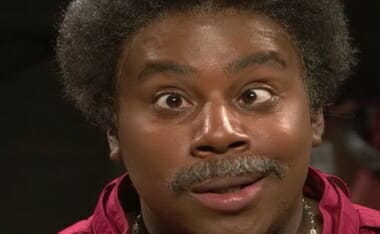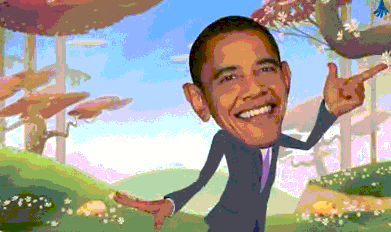(Updated Media Sources)
The Colbert Report:
Here is an interesting article via TOWNHALL and Larry Elder:
…..This brings us to the Cornell University’s Black Students United and whether the organization is engaging in racism — against blacks. The BSU complains that the prestigious Ivy League school admits too many blacks — from Africa and the Caribbean. “We demand that Cornell Admissions to come up with a plan to actively increase the presence of underrepresented Black students on this campus,” the BSU student group said in its demands. “We define underrepresented Black students as Black Americans who have several generations (more than two) in this country.”
Hold the phone. Isn’t the mantra of modern higher education “diversity,” “inclusion” and “overcoming disadvantage”? If so, the black African and Caribbean students would seem to nail all three.
Maybe the problem is that it is tough to explain why so many black foreign applicants outperform America-born blacks on what some call “culturally biased” standardized tests. A 2007 study by Princeton and University of Pennsylvania sociologists examined the standardized test scores of black students enrolled at 28 selective universities. As to the SAT, the test most colleges use as an important factor in offering admission, the study found that foreign-born black college-bound students earned a statistically significant advantage on SAT scores, averaging a score of 1250 (out of 1600) compared to 1193 average points for their American black counterparts. This explains, in large part, why first- or second-generation black immigrants made up 27 percent of the black student bodies at colleges nationwide. In the Ivy League, black immigrants comprised 41 percent of black students.
What is the basis for the black students’ protest? Don’t black foreigners face even more obstacles? After all, America spends more on education, K through 12, than the top 34 industrialized countries save Switzerland, Austria, Norway and Luxembourg. New York City and Washington, D.C., annually spend approximately $21,000 and $15,000 per student, respectively.
BSU might want to consider the letter to the editor of The Wall Street Journal written by a man from Congo:
“I grew up in the Congo and have numerous friends in the U.S. from the Congo and other African countries who are here for an education or a better life. Every one of them is grateful for the opportunity to secure an excellent education. … Most come here from different cultures with minimal money and limited English language skills. Interestingly, I’ve never heard one complain about discrimination, obstacles or being a victim. Rather, they are grateful. Juxtapose this with Cornell’s Black Students United (BSU) whose members feel they should be treated better than every other color or race if they have ancestors who’ve been here for more than two generations.
“The counterintuitive posturing of American blacks denying other blacks from Africa or the Caribbean is appalling. First-generation African or Caribbean students have more obstacles to overcome to get into any university, much less a prestigious one like Cornell. Furthermore, the liberal American blacks who worship at the altar of ‘diversity’ and ‘victimhood’ should welcome real Africans or Caribbeans versus seeking preferences for those American blacks who truly have the superior advantage of having grown up in the U.S.
“If my Congolese friends are grateful for their opportunities here and have more challenges to overcome, why should American blacks get special treatment? Call this action what it is: racism. And it’s being pushed and protected under the guise of alleged victimization and preferential treatment at the expense of others of all colors and walks of life. So I challenge the BSU folks to start focusing on the concept of succeeding in life instead of always dwelling on the idea that the system is rigged against them.”…
One commentator on my LiveLeak channel notes this:
- There is no way they could do this skit today…PC is now out of control..So Myers actually had a funny show at one point
An SNL Skit on Obama:
A Scene from the Movie, Domino:
The Racial Draft


